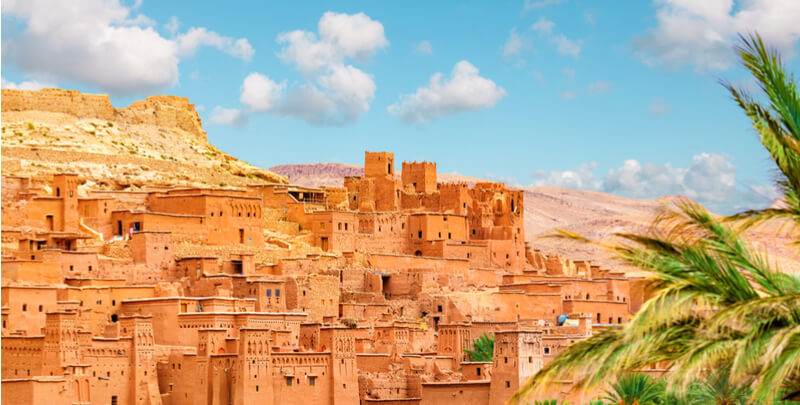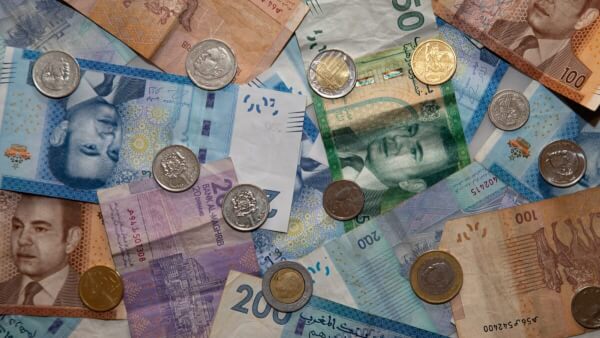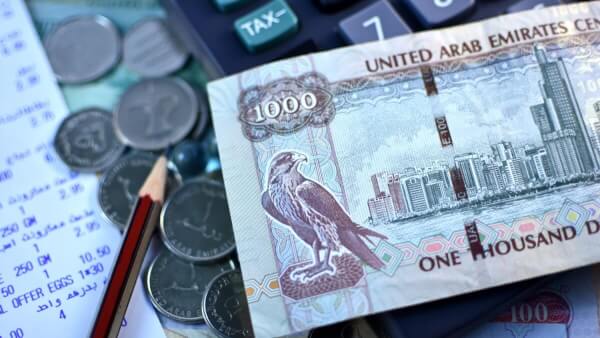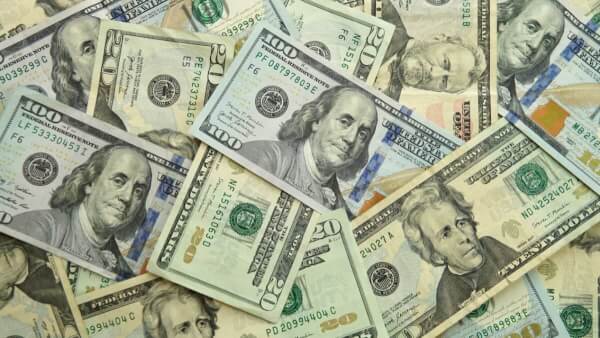Starling Bank limits: transfers, withdrawal, spending
Read our guide to Starling Bank limits on UK and international transfers, ATM withdrawals and card spending for personal customers.

Morocco has always prided itself in being a bit of a melting pot, with travelers from around the world constantly visiting, touring, passing on customs and for many, ultimately deciding to stay.
The choice isn’t particularly surprising, given the country’s rich culture, delicious cuisine, insane landscapes and welcoming locals. More importantly for some - especially location independent entrepreneurs and business owners - the cost of living is extremely low, so it’s possible to enjoy a luxurious lifestyle while still pinching pennies.
If you’re one of the growing number of expats who has chosen Morocco as your new home, one of the most important parts of settling in is getting your finances sorted. This guide will walk you through everything you need to know about opening a bank account in Morocco.
Yes, but be prepared to encounter some limitations. Non residents can only open a “convertible” account, which you can’t deposit cash or checks in dirhams into. However, you can transfer money in from your bank account in your home country, provided you can prove its origin and it’s declared through Moroccan customs. This can be in the form of a wire transfer, or you may bring cash with you into the country (up to $10,000 per person), which is the advised method. The funds are immediately converted to dirhams once they’re deposited in your account. The account will also be able to receive direct deposits.
While opening an account is fairly easy, it’s a lot harder if you don’t speak Darija (Moroccan Arabic) or at least French with some fluency. If that's the case, you’ll want to take a translator with you when you go to open your account, as English isn't common in Morocco.
Otherwise, all you need to do is go to the bank, submit your documents and fill out an application. The timeline will vary from bank to bank; larger international banks can usually open your account in the same afternoon, while local banks may take up to a week.
The good news is, the only document you’ll really need to open a convertible account is your passport. If you want to make triple sure you can’t be turned away, bringing a second ID, proof of income or employment or proof of address isn’t a bad idea.
Yes, if you want to hire a lawyer and grant them power of attorney to take care of the account opening on your behalf. Otherwise, not really as online banking is almost non-existent in Morocco, let alone online account opening.
No matter where in the world you open your bank account, there are going to be some fees involved. The best thing you can do is to review all of your local banks’ price lists before settling on one, so you can ensure you’re getting the lowest fee for the services you need most. While fees are pretty variable, some of the most common ones include:
If you’re withdrawing money from your own bank and your own branch, you won’t run into any fees at the ATM. If you need to get cash from a different bank, or even a different branch of your own bank, you can expect a fee between 15 and 30 dirhams.
If you’re using a foreign debit card, you’ll face the same ATM flat fee, plus a potential markup on the exchange rate. It’s a good idea to be aware of foreign ATM fees in general, as well as the fees from the specific bank you use at home.
Normal bank fees can vary a lot, but you may be charged for:
While convertible accounts are designed to accept foreign transfers, they often come with high fees and an exchange rate markup. If you’re planning to pay or get paid in foreign currencies often, you may want to use Wise instead to get the mid-market rate and cut way back on transfer fees through their unique system of breaking international payments down into a series of local ones.
Morocco is home to many local and international banks, all of which offer varied services. The primary thing to consider is their proximity to your home or office, as feeless withdrawals will only be available from the bank through which you make your account, and almost everything in Morocco must be paid for with cash. That being said, some of the most popular banks in the country include:
Arab bank isn’t huge, but is present in all six of Morocco’s major cities, including Meknes, Rabat and Casablanca. The bank offers a range of accounts and services, including:
BMCI, run by BNP Paribas, is one of Morocco’s largest retail bank chains. The bank is popular for a number of reasons, including its 300 locations throughout the country, as well as:
Another larger bank, BMCE is a popular choice thanks to its numerous locations around Morocco. Customers choose BMCE for:
Ubiquitous around Morocco, Credit du Maroc offers a ton of branches and ATMs, as well as:
If you pay or get paid in a foreign currency with any regularity, using Wise can help make sure you’re not paying extra through hidden exchange rate markups, as well as help cut down on transfer fees.
While life in Morocco may feel a little foreign at first, your banking certainly shouldn’t. No matter which bank you choose, you’ll find you have access to many of the same financial conveniences you do at home, despite the cash-culture. With that, you’re ready to get started. Good luck opening your bank account in Morocco!
*Please see terms of use and product availability for your region or visit Wise fees and pricing for the most up to date pricing and fee information.
This publication is provided for general information purposes and does not constitute legal, tax or other professional advice from Wise Payments Limited or its subsidiaries and its affiliates, and it is not intended as a substitute for obtaining advice from a financial advisor or any other professional.
We make no representations, warranties or guarantees, whether expressed or implied, that the content in the publication is accurate, complete or up to date.

Read our guide to Starling Bank limits on UK and international transfers, ATM withdrawals and card spending for personal customers.

Find out how to open a Starling Bank account online in the UK with our comprehensive guide, covering eligibility, requirements and how to get started.

A list of the top 10 banks in Morocco, including CIH Bank, Attijariwafa Bank, Bank of Africa and Al Barid Bank.

A list of the top 10 banks in Dubai, including Emirates NBD, First Abu Dhabi Bank, Mashreq Bank, RAKBANK and HSBC UAE.

Looking to open a new bank account? Read our Halifax Reward current account review and find out everything you need to know.

Read our comprehensive guide to the best USD accounts in the UK, including features, fees and everything else you need to know.